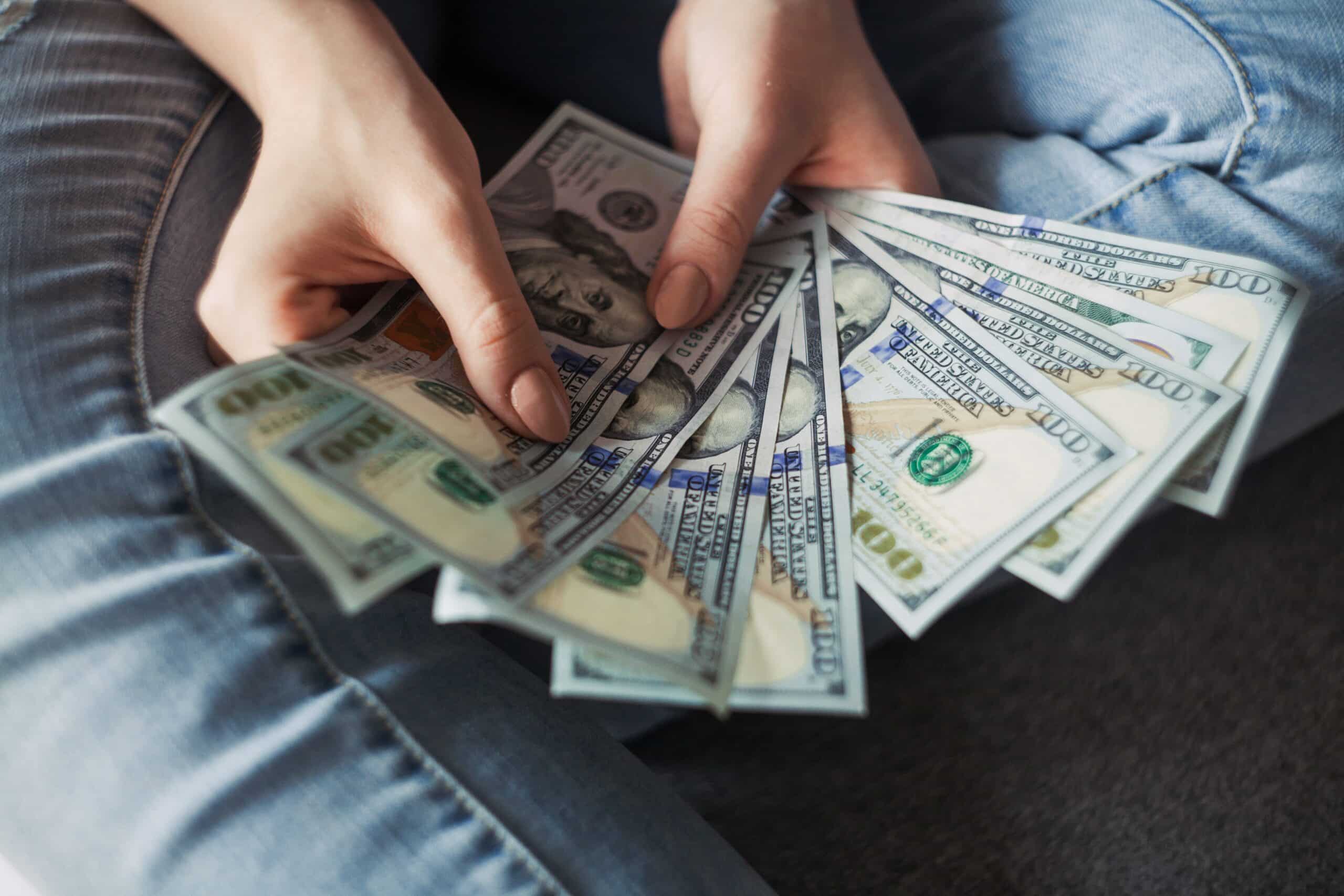The amount of fees that a Copyright Law Firm — like Revision Legal — will take from a copyright settlement depends on the fee arrangement agreed to between the client and the lawyers. Further, if litigation is filed, the U.S. Copyright Act allows for the prevailing party in the case to be awarded their “reasonable attorneys’ fee” at the end of the case. So, the client and the copyright lawyers must factor into their fee arrangement how to handle an award of attorneys’ fees if granted. See below. Whether to award attorneys’ fees is considered a matter for the copyright court’s discretion. So, the court may decline to award attorneys’ fees.
Two “Pure” Types of Fee Arrangements and Blended Arrangements
Generally speaking, there are two types of attorneys’ fee arrangements — contingency fee and hourly billing. These might be called “pure” arrangements. If the arrangement is a contingency fee arrangement, then, typically, the general fee will be about one-third (33%) of the recovery, and if there is no recovery, the attorney receives no fee. Usually, a contingency fee arrangement does NOT include any services related to an appeal (if the copyright case goes to trial). Sometimes, legal services for an appeal will be included, but then the contingency fee is increased to, say, 40%. If the agreed arrangement is hourly billing, then your copyright attorney will take nothing from the copyright settlement, but will have been paid monthly based on the hourly billing. Copyright law firms generally charge anywhere from $300 an hour to $800 an hour depending on experience, the complexity of the case, and location.
The above are the two “pure” types of fee arrangements. However, there are many, many types of blended fee arrangements. Indeed, blended fee arrangements are only limited by the imaginations of the client and the Copyright Law Firm. As one example, the copyright attorney could agree to an hourly billing arrangement up to, say, $20,000 and then a contingency fee arrangement for the remainder of the case. In a blended fee arrangement, the contingency fee amount is generally reduced to, for example, 25%. As another example of a blended fee arrangement, the copyright lawyers might agree to an hourly billing rate but agree that expenses — such as court costs, deposition transcripts, photocopies, court fees, and other litigation expenses — will be paid from the settlement. Under that sort of arrangement, what the copyright lawyer takes from the settlement is not a percentage of the total but only the actual expenses paid by the lawyer.
How to Handle the Potential for an Award of Attorneys’ Fees From the Court
Since attorneys’ fees can be awarded in a copyright infringement case, the client and the copyright attorney must agree up front on how such an award would be handled. Typically with a contingency fee arrangement, any award of attorneys’ fees is added to the other damages awarded for a Total Award. From that total, the attorney would be entitled to the agreed-upon contingency percentage (even if that amount exceeds the award made by the court for attorneys’ fees). This is favored by attorneys since the court will often “cut” the amount of fees requested by the attorney. Typically with an hourly billing arrangement, the client would be entitled to recover the amount of attorneys’ fees awarded (even if that amount is less than the hourly fees paid by the client). As noted, courts often “cut” the amount of fees requested.
However, these “typical” arrangements are not “set in stone,” and the parties are free to agree to alternative arrangements.
Contact the Copyright Attorneys at Revision Legal
For more information, contact the experienced Copyright Lawyers at Revision Legal. You can contact us through the form on this page or call (855) 473-8474.




